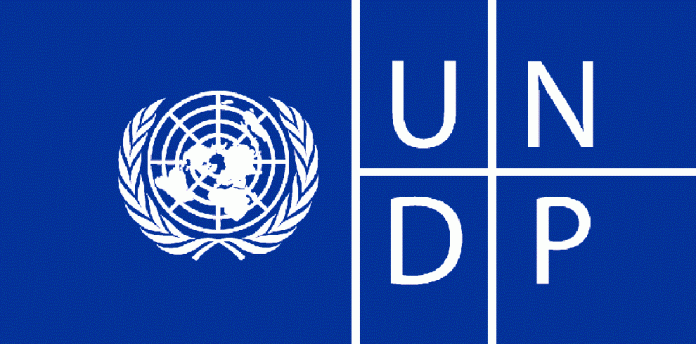According to the UNDP, a provisional minimum income allocated to the world’s poorest could slow the outbreak of the Covid-19 epidemic. It would allow nearly three billion people to stay at home during the pandemic.
The UNDP (United Nations Development Program) has just published a report, Provisional Minimum Income: Protecting the Poor and Vulnerable in Developing Countries.
Which concludes that spending less than $200 billion per month could provide a guaranteed minimum income for six months to the 2.7 billion people living below or just above the poverty line in 132 developing countries. This measure would allow the most vulnerable people to respect the confinement decided in their country, without being forced to take risks outside their home. And therefore, to contain the Covid-19 pandemic.
The report concludes that there is an urgent need to adopt this “doable” measure in a context where the pandemic is now spreading at a rate of more than 1.5 million new cases per week. This is especially true in developing countries where seven in ten workers live through informal markets and cannot earn money if they stay at home.
Informal, low-income workers, women and youth, refugees, migrants and people with disabilities are the hardest hit by the crisis. They constitute a large part of the huge number of people not covered by social insurance programs.
The UNDP has assessed the socio-economic effects of Covid-19 in around 60 countries in recent months, showing that workers who lack social protection cannot stay at home without an income.
A temporary minimum income would empower them to buy food and pay for health and education. This choice is financially feasible, insists the UNDP.
A provisional minimum income for six months would cost only 12% of the total financial response to Covid-19 planned for 2020. This amount would be equivalent to one-third of the external debt of developing countries for 2020.
A possible option!
In sub-Saharan Africa, this minimum income would be between 45 and 59.20 dollars per month, depending on the crisis scenarios. The cost would be $ 33.1-41.3 million per month, or just 0.76% to 0.95% of the region’s GDP.
“An unprecedented historic moment requires unprecedented social and economic measures,” says Achim Steiner, UNDP administrator. “A provisional minimum income for the world’s poorest has become an option. It might have seemed impossible just a few months ago.”
According to the administrator, bailouts and stimulus packages cannot just focus on big markets and big companies. “A transitional minimum income could allow governments to provide people in lockdown with financial security, pump money back into local economies to help small businesses survive and slow the spread of disease.”
Of course, UNDP recognizes that a temporary minimum income is not a silver bullet to today’s economic difficulties. Protecting jobs, expanding support for small businesses, and using digital solutions to identify and reach out to those excluded are all steps countries can take.
The example of Togo!
Other solutions exist, such as reallocating this year’s funds from paying down debt to paying minimum income. Developing and emerging economies could spend $3.1 trillion to pay off their debt this year. “A total blocking of the debt of all developing countries, as requested by the Secretary-General of the United Nations, would allow countries to temporarily reallocate these funds to emergency measures to combat the effects of the crisis”, considers the UN body.
Several countries have already taken measures to introduce a temporary minimum income, notes the UNDP, which takes Togo as an example. The government has distributed more than $19.5 million in monthly financial aid to more than 12% of the population. It uses its cash transfer program, mainly to women working in the informal sector.
The pandemic has exacerbated existing global and national inequalities and created new disparities that hit the most vulnerable people hardest, UNDP concludes.
With up to 100 million more people plunged into extreme poverty in 2020, 1.4 billion children affected by school closures, record unemployment and loss of livelihoods, UNDP predicts development global human will decline this year for the first time since the concept was introduced.
Reference: https://news.un.org/fr/story/2020/07/1073641































